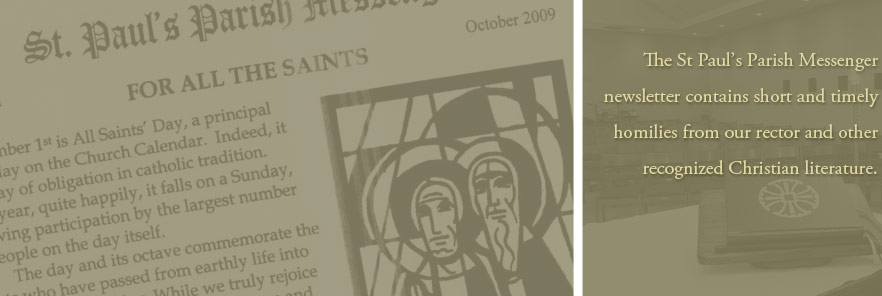From The Anglican Communion: A Guide, by the Anglican Consultative Council and The Anglican Digest:
The following article was printed in the Messenger of Summer 1992… Its [reprinting in the October 2008 Messenger was] particularly timely in view of the reformation and realignment for good in the
Communion that has been chronicled in this and past issues over the last fifteen years.
The Anglican Communion is a world-family of Churches. There are more than 70 million Anglican Christians, in 29 autonomous Churches spread across 160 countries in every continent. Anglicans speak many languages and come from different races and cultures. Although autonomous these Churches are unified through their history, their theology, and their relationship to the Archbishop of Canterbury.
Anglicans trace their roots back to the early Church and their separate identity to the post-Reformation expansion of the Church of England and other Episcopal or Anglican Churches. Historically there were two main stages of the development of the Communion. From the 17th century Anglicamism was established alongside colonialisation in the USA, Australia, Canada, New Zealand, and South Africa. The second stage began in the 18 th century when missionaries worked to establish Anglican Churches in Asia, Africa, and Latin America.
Central to worship for Anglicans is the celebration of the Holy Eucharist. In this offering of prayer and praise are recalled the life, death, and resurrection of Jesus Christ, through the proclamation of the Word and celebration of the Sacraments.
Worship is at the very heart of Anglicanism. Its styles vary from the simple to the elaborate, from Evangelical to Catholic, from charismatic to traditional or indeed form a combination of these various traditions. The Book of Common Prayer, in its various revisions throughout the Communion, gives expression to the comprehensiveness found within the Church whose principles reflect, since the time of Elizabeth I, a via media in relation to other Christian traditions.

